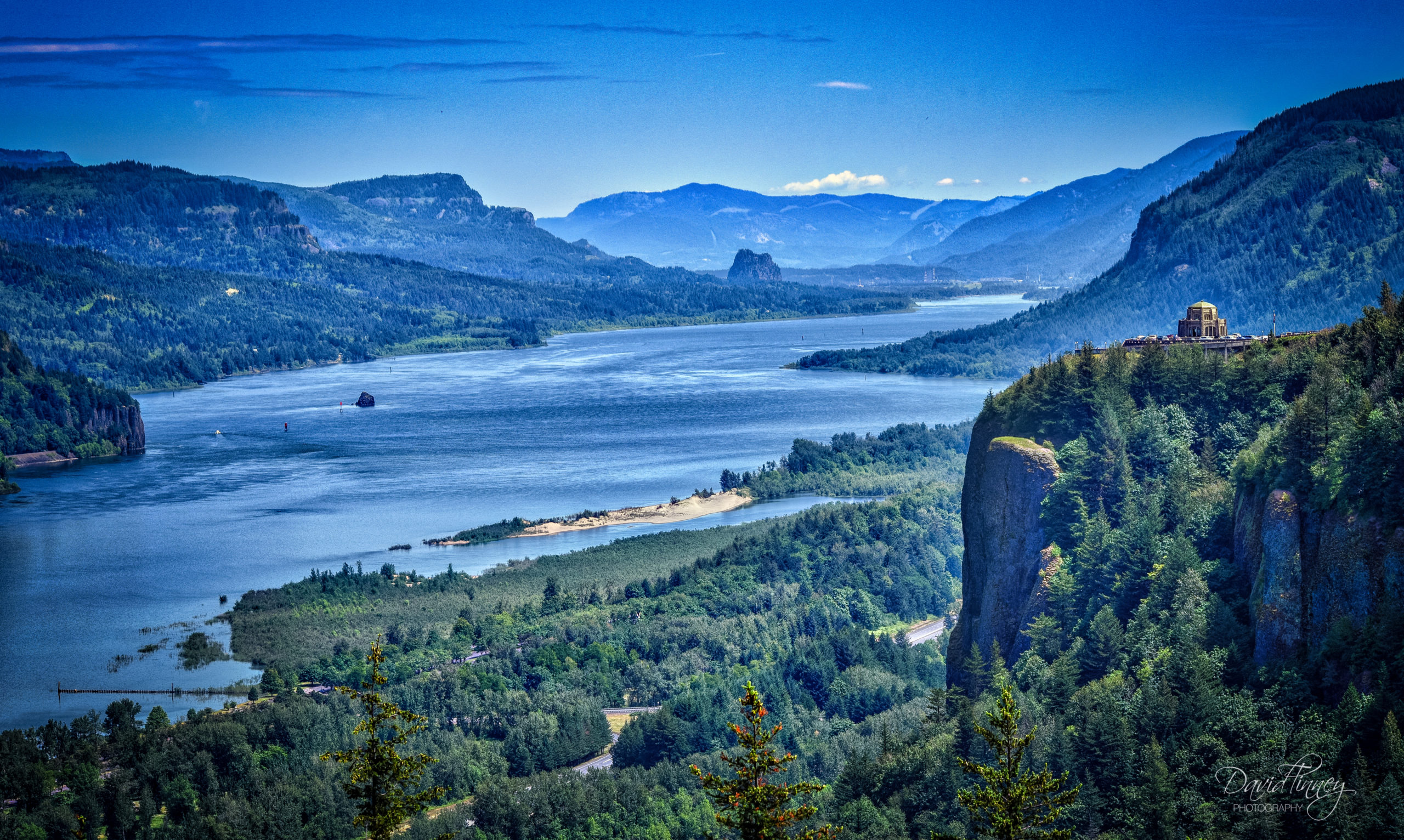T. Thorn Coyle posted the following this morning, from the poet Joy Harjo of the Muskogee Nation:
Recognize whose lands these are on which we stand.
Ask the deer, turtle, and the crane.
Make sure the spirits of these lands are respected and treated with goodwill.
The land is a being who remembers everything.
You will have to answer to your children, and their children, and theirs—
The red shimmer of remembering will compel you up the night to walk the perimeter of truth for understanding….
By listening we will understand who we are in this holy realm of words.
poem fragment from Conflict Resolution for Holy Beings
This whole idea of “whose land” has come to be more and more ridiculous to me over time. My wife and I “own” a house and the “property” on which it stands…but isn’t that ridiculous? How can we say that we own land, or water, or air? We are part of them and they are part of us, we are utterly inextricable from one another. We are not separate.
And yet we live in a “world” and in cultures where the idea of “private property” is essential. The bedrock of the capitalist system, a keystone of kyriarchy and its necessary oppressions.
Ask the crane indeed. I can just imagine the way she would cock her head and look at me with one dark eye…
I can acknowledge the many people who were on this land long before I was ever a hope in an ancestor’s mind… I can recognize that I have piles of unreturnable, unearned white skin privilege… I can work to learn more about the people who were here before Europeans ever arrived with their ideas of colonization and glorious Empire… we all, all remain caught up together in this tapestry knotted by kyriarchy.
So for today, resting and recovering from COVID, I am going to listen to some indigenous voices, and wonder about the irony of turning a colonizer’s day into Indigenous People’s Day. It seems strange to me. We need more days in more places. What were the holidays of the Multnomah, the Molalla, the Chinook, the Salish, and the Tlingit, I wonder?
